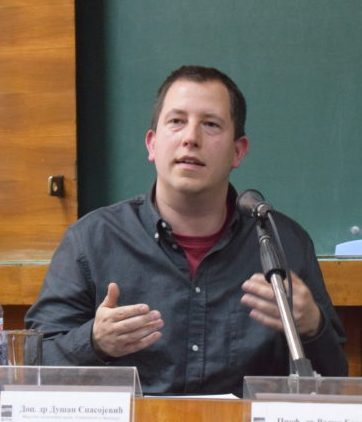
The referendum, lithium crisis, energy crisis, environmental protests, Kosovo and Bosnia and Herzegovina are all going to be topics in 2022. Which of these issues should be priorities in the context of Serbia’s accession to the EU?
Serbia’s path to the EU accession implies a comprehensive change of our society, which means that we cannot focus on only one or several aspects. However, without minimum democratic standards and adherence to and implementation of the rule of law, we cannot even think about more serious progress towards membership. Only when we solve these fundamental problems can we think about harmonizing our energy or environmental policies with the EU’s, which does not mean that these problems should not be addressed outside of the European integration process. On the contrary…
What do you think of the social and political context in which our country finds itself and what should be changed? Do these changes include a change of direction or is our place still in the European Union?
Serbia is in crisis, with foreign policy being one of the important segments of this crisis. The EU accession process provided the direction, dynamics and content of changes in the first decade after the fall of Milošević, but with the Serbian Progressive Party coming to power of the SNS and the enlargement fatigue in the EU, the process slowed down. However, Serbia has no other alternative, just as the EU cannot ignore unresolved issues in the Western Balkans. Between that general conclusion and the implementation of concrete changes, there is a large space filled with inertia, fear of change and, above all, the political elite’s lack of will to change the existing situation because it suits them.